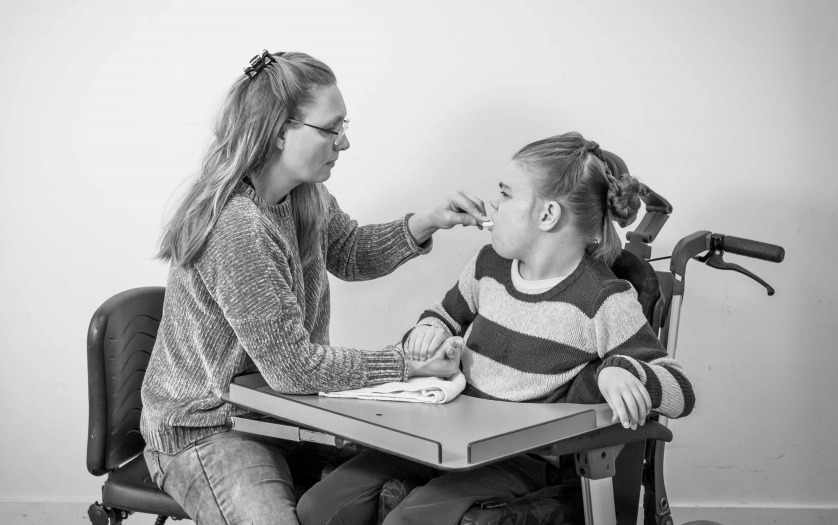
The Health Services Union has launched a push for disability workers to receive a desperately needed pay rise, with the sector facing a major workforce crisis.
A HSU discussion paper, which will be launched at Parliament House in Canberra, shows Australia is facing a 100,000 disability staff shortfall, while one in four workers are planning on leaving the sector.
With the NDIS growing at 8 per cent annually, this could have a catastrophic impact for the hundreds of thousands of Australians who rely on the scheme, as standards decline and people fall through the cracks.
The union is calling for a $5-an-hour pay increase through a new workforce compact that would also guarantee no additional cost to participants.
The compact would also mean better conditions including staffing levels, supervision, training, debrief time and classification structures.
The Federal Government is funding $11.3 billion in aged care wage increases over four years, and $3.6 billion in early childhood over two years.
The HSU’s proposed workforce compact would be an investment of $900 million over three years and help shore up the future of the NDIS for hundreds of thousands of participants nationally.
“Disability workers are severely underpaid for the incredibly challenging work they do, which is motivated by a deep commitment to scheme participants,” HSU National Secretary Lloyd Williams said.
“Unfortunately, that commitment is being stretched to breaking point – and the federal government must urgently act to avoid a catastrophic erosion of standards across the NDIS.
“These workers are the forgotten allrounders of social support systems that give people living with disabilities the dignified and independent lives they deserve.
“Aged care and early childhood workers are getting the pay rise they thoroughly deserved because of government action. For just a small fraction of those investments, the government can ensure the NDIS isn’t hammered by the looming workforce crisis.
“Alongside that, disability workers must be given improved conditions around staffing levels, supervision, training, debrief time and classification structures that empower them to deliver the best quality support.”








